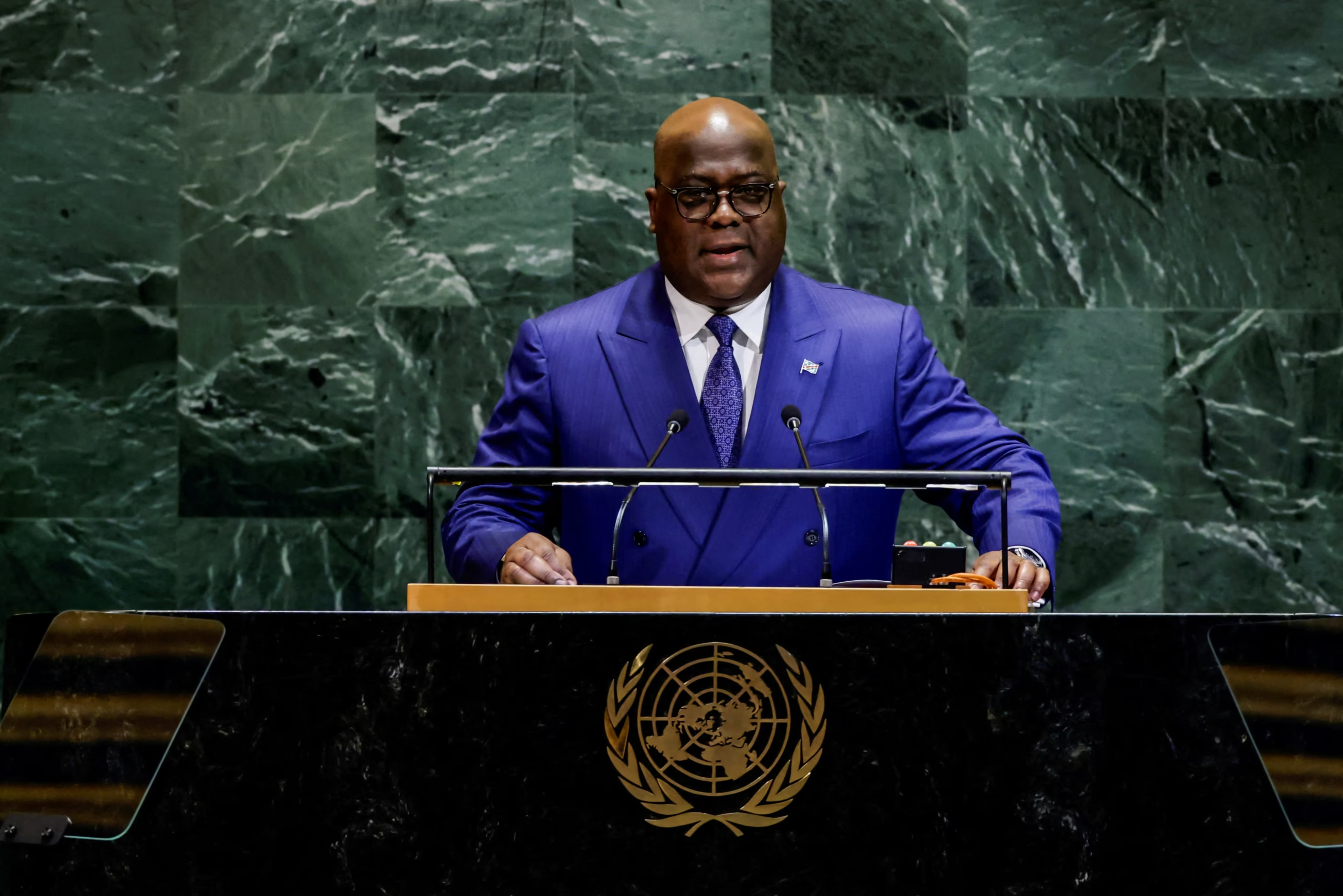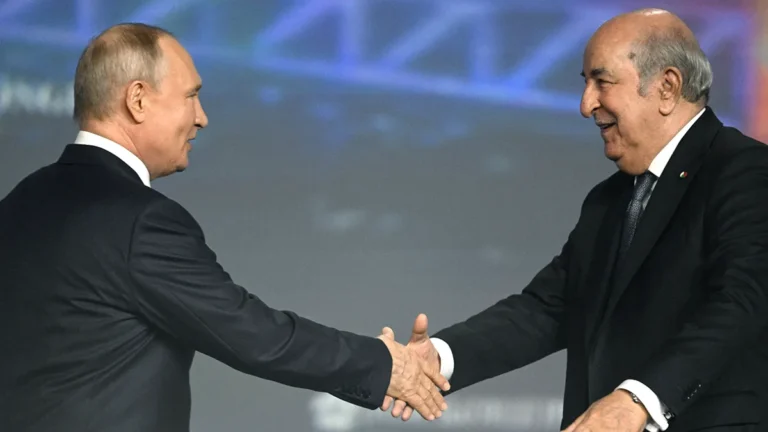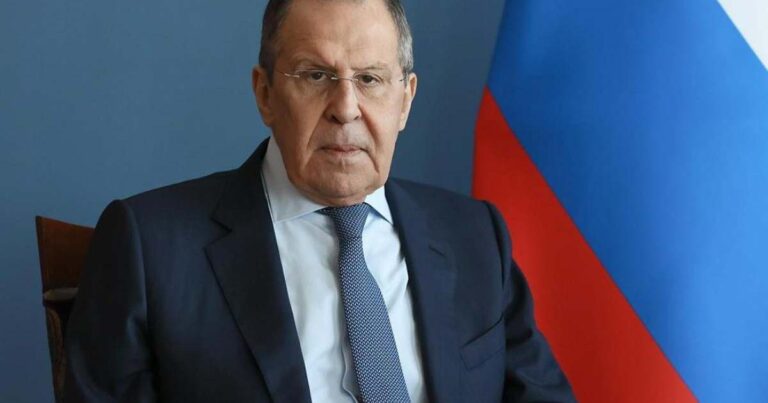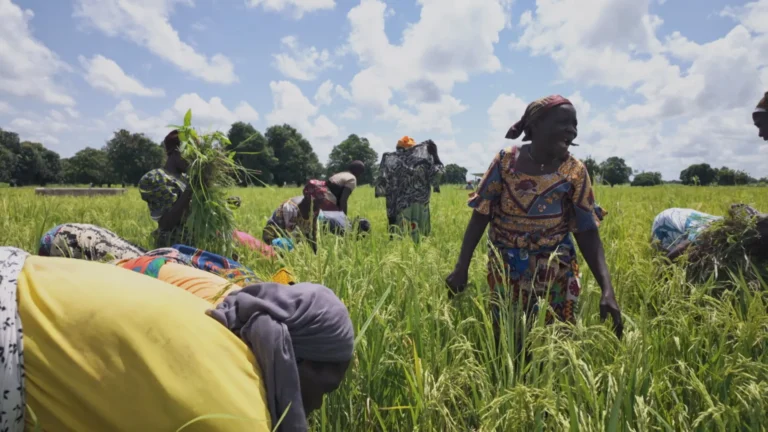
In a bold move that has sparked intense debate, Democratic Republic of Congo (DRC) President Félix Tshisekedi used the Global Gateway Forum in Brussels to call for renewed dialogue with Rwanda, hoping to resolve the ongoing tensions between the two countries.
His appeal to Rwandan President Paul Kagame was immediately dismissed by Kigali, which rejected the idea of engaging in peace talks.
The reaction in Kinshasa has been equally mixed, with some seeing Tshisekedi’s plea for peace as a courageous step, while others accuse him of appeasing a hostile neighbor.
Tshisekedi, facing a backlash both at home and abroad, sought to clarify his position during a speech to the Congolese community in Belgium.
The president emphasized that his call for peace should not be misconstrued as weakness, but rather as an act of political courage.
“Seeking peace is not a renunciation but a strategic choice to break the deadlock,” Tshisekedi stated. He argued that his efforts in international diplomacy, such as his involvement in mediation talks with the United States and Qatar, had already proven his determination and strength.
Tshisekedi also noted that his call for dialogue had “troubled” Rwanda, suggesting that the reaction from Kigali could eventually pave the way for a more constructive engagement.
For him, this diplomatic outreach is a long-term strategy rather than a mere symbolic gesture.
“It is a calculated move, not a hasty concession,” he affirmed.
Despite the president’s defense of his approach, domestic reactions in the DRC have been far from supportive.
Opposition leaders like Claudel André Lubaya and Olivier Kamitatu have criticized Tshisekedi for what they view as a lack of consistency in his foreign policy.
“This ambiguous stance, alternating between firmness and appeasement, undermines the country’s position,” they argued, further accusing the president of political inconsistency.
Tensions in the DRC’s east, where violent clashes continue between armed groups and forces linked to Rwanda, have made this diplomatic opening particularly contentious.
Many in the DRC view any overture to Rwanda with deep suspicion, given the history of conflict and the ongoing instability in the region.
However, Tshisekedi’s initiative aligns with a series of international peace efforts, including a mediation plan put forward by the United States and Qatar, known as the Washington Accord.
This agreement envisions a gradual withdrawal of Rwandan forces from Congolese territory and the establishment of a joint security framework, with Qatar playing a central role as an intermediary.
While Tshisekedi’s peace strategy has gained support on the international stage, the question remains whether this diplomatic risk will lead to meaningful dialogue or whether it will further divide the Congolese political landscape.
As tensions persist in the Great Lakes region, the future of peace between the DRC and Rwanda hangs in the balance.



